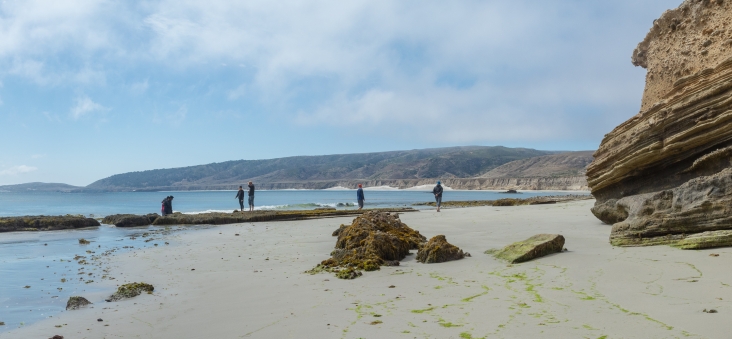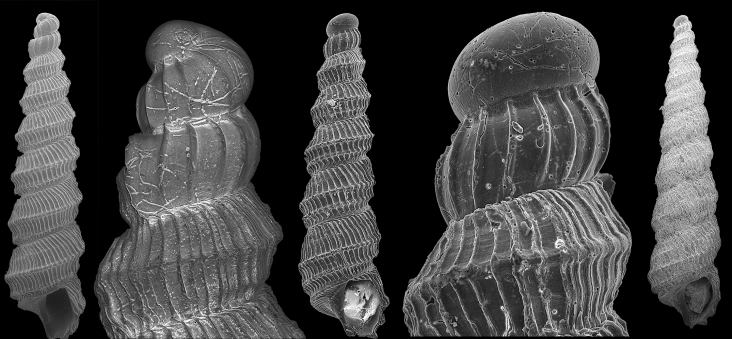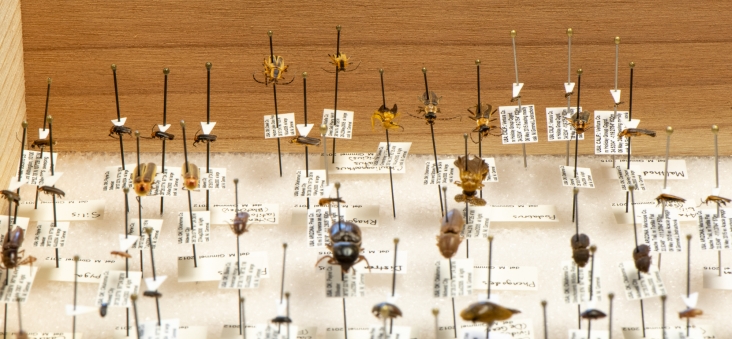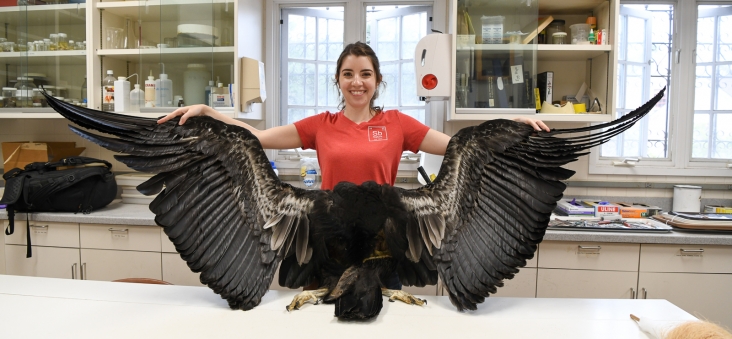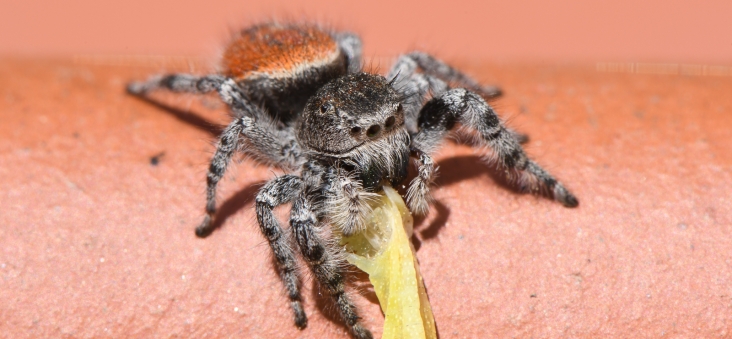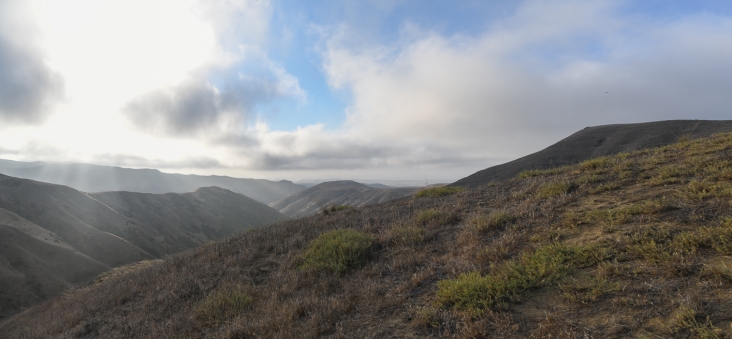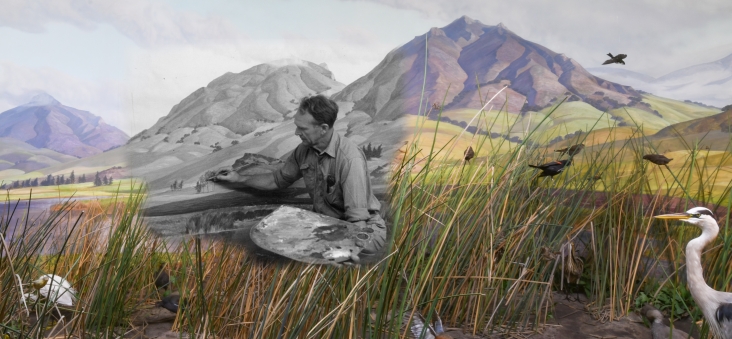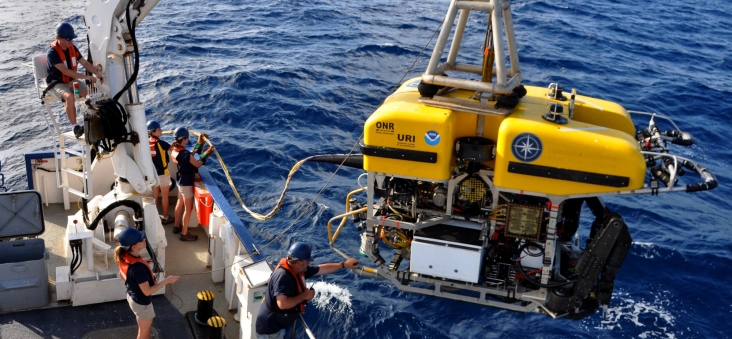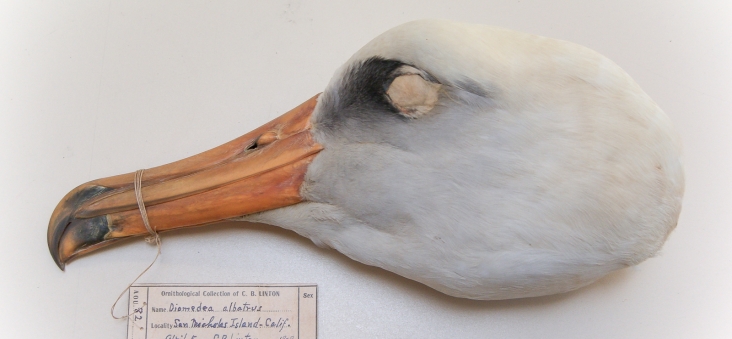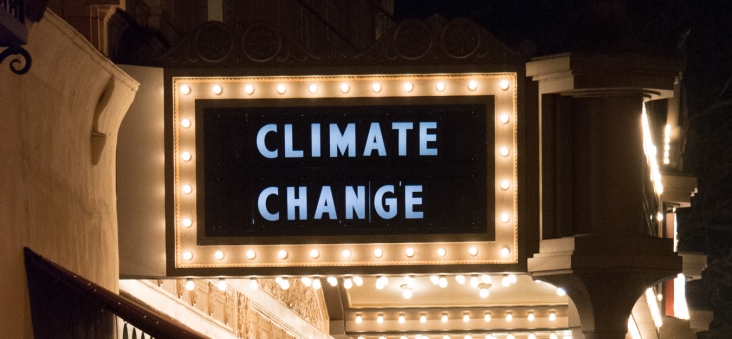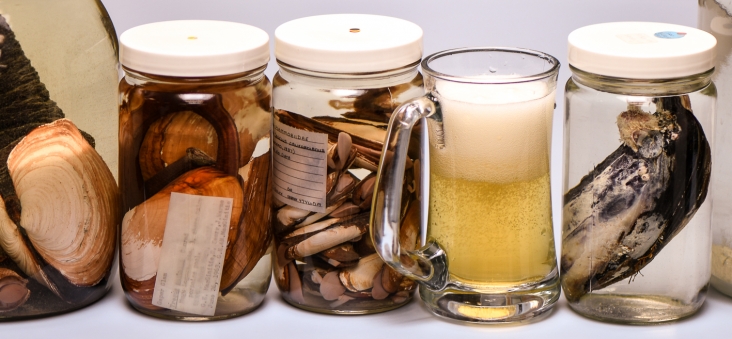By Owen Duncan
The Stubby Squid: Does it have a face only a mother could love, or the face that launched a thousand ships? However its gaze may strike you personally, it launched at least one ship, namely, the E/V (exploration vessel) Nautilus. The Nautilus belongs to the Ocean Exploration Trust, and it’s the ship that brought the world this astounding face from the depths…and much more. If you’ve been living your life somewhere even more remote than the Mariana Trench, and you’ve never seen the Stubby Squid or heard of the Ocean Exploration Trust, you’ve still probably heard of its founder, Dr. Bob Ballard. He discovered the Titanic, remember? What’s more, he’s a UCSB alumnus, and thanks to him, our region is treated to recurring brushes with greatness vis-à-vis the deep sea.
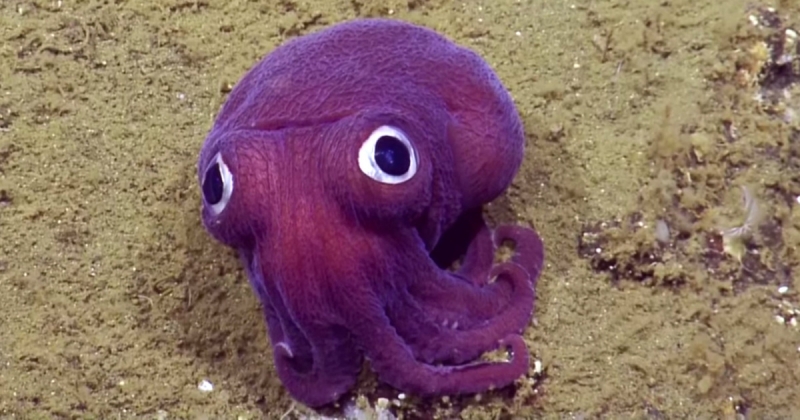
The congenitally surprised-looking Stubby Squid, which is more like a cuttlefish than a squid, really, though cuttlefish, in turn, are more cuddly than fishy. Call it by its proper name: Rossia pacifica. Photo credit: Ocean Exploration Trust
Read more

